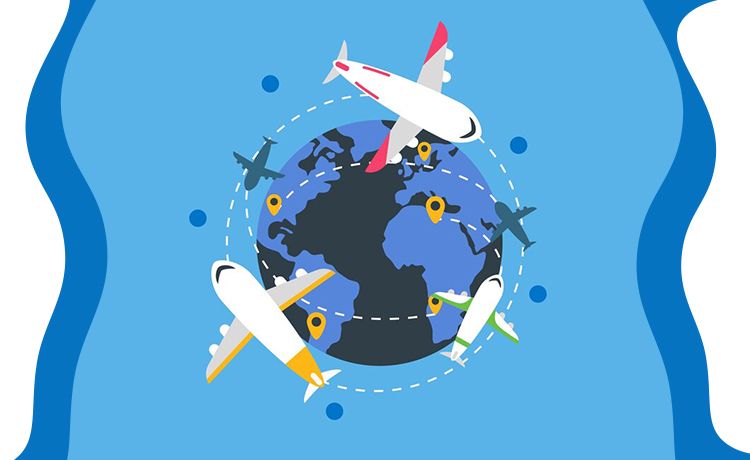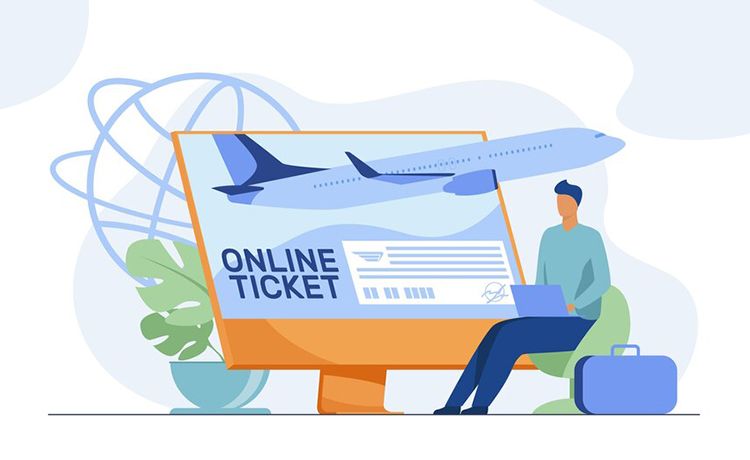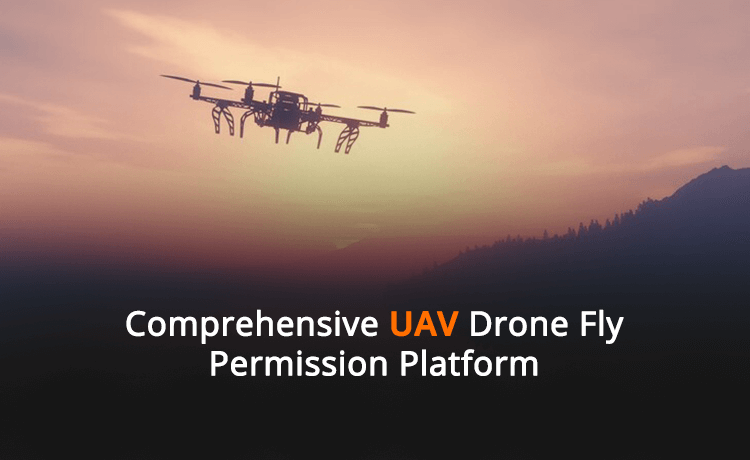The civil aviation authority in India has established as one of the fastest-growing industries in the country during the last few years. With the mid-year almost over, we thought you could use an overview of the global aviation industry trends you’ll need to prepare for in 2020.
India is currently considered the third largest domestic civil aviation authority market in the world. India is expected to become the world’s largest domestic civil aviation market in the next 10 to 15 years, We’ve analyzed a host of key reports and authoritative articles to compile this selection of key aviation industry trends.
IATA: State of the Industry and Global Economic Outlook
The Shocking death of business class? And the rise of a premium economy!!
Digital Security System
Robot Helpers in Airports
Biometric Entertainment
Book a Taxi in the Sky
The growth of Low-Cost Airlines
VR pushes last-minute upgrades
Green Airports
Global Airline Industry Trends in 2020
1) IATA: State of the Industry and Global Economic Outlook
According to the International Air Transport Association IATA, India will displace the UK for third place in 2025 as per current trends in the aviation industry. The International Air Transport Association (IATA) forecasts global industry net profit to rise to $38.4 billion in airline industry analysis 2018, an improvement from the $34.5 billion expected net profit in 2017.
A slight decline in the operating margin to 8.1%.
2019 will mark the fourth consecutive year of sustainable profits.
An improvement in net margin to 4.7%.
A rise in overall revenues to $824 billion.
A rise in passenger numbers to 4.3 billion.
A rise in cargo carried to 62.5 million tonnes.
Slower growth for both passenger and cargo demand.
Average net profit per departing passenger of $8.90.
Highlights of expected 2020 performance include:
2) The Shocking death of business class? And the rise of a premium economy!!
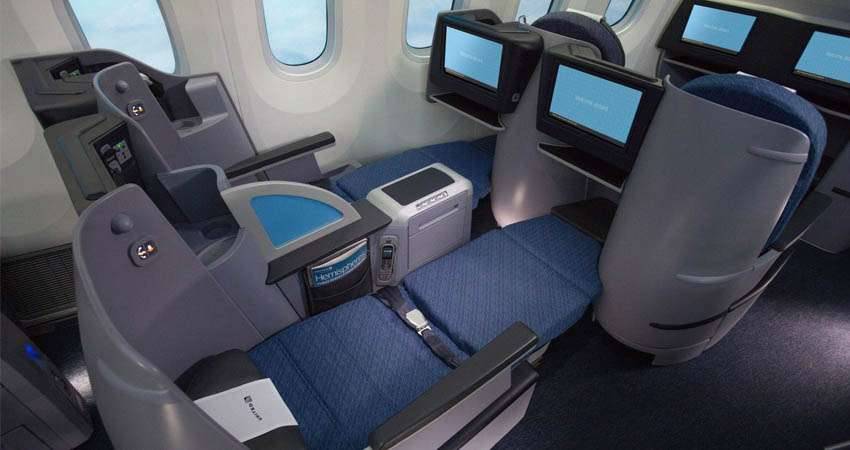
Premium economy bookings are expected to get a high boom in the mid of 2020. From the past few years, we have seen the airlines focus increasingly on business and premium economy. In 2016 we saw Iberia launch a premium economy and American Airlines debuted its premium economy cabin in April 2017.
Emirates is launching a premium economy cabin, while Austrian Airlines has also announced its intention to introduce one in 2018. Many airlines no longer see this as a downgrade for business class passengers but rather as an opportunity to offer the choice of a premium seat on longer flights for those who can’t justify full business fares. Indeed, many premium economy seats now offer features such as support for laptops and connectivity options that help enable in-flight working.
3) Digital Security System
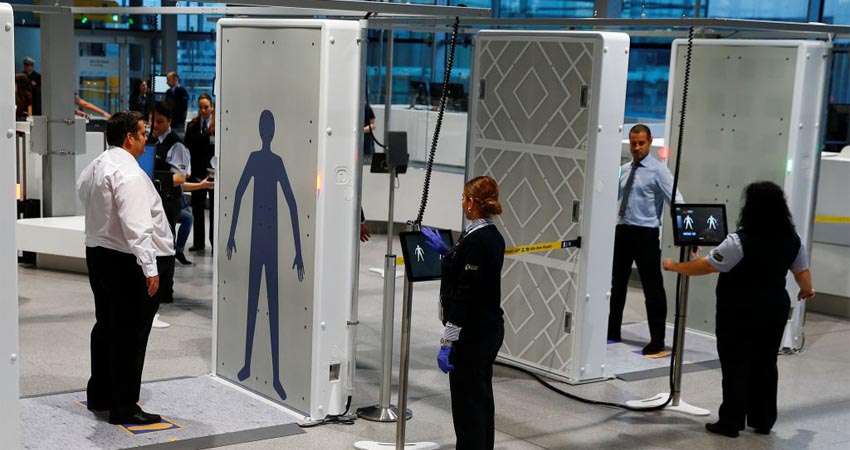
State-of-the-art technology has been used to develop advanced concepts such as “walk through security” to reduce passenger wait times, while biometrics can be used to automate verification processes and reduce staffing burden.
Security systems have rapidly become a major trend in airports they have the latest security system for checking security purpose. Suppliers have moved swiftly to incorporate cyber-security services into their IT solutions.
Suppliers are aggressively pushing security solution suites to get ahead of the competition and grow their market presence.
4) Robot Helpers in Airports
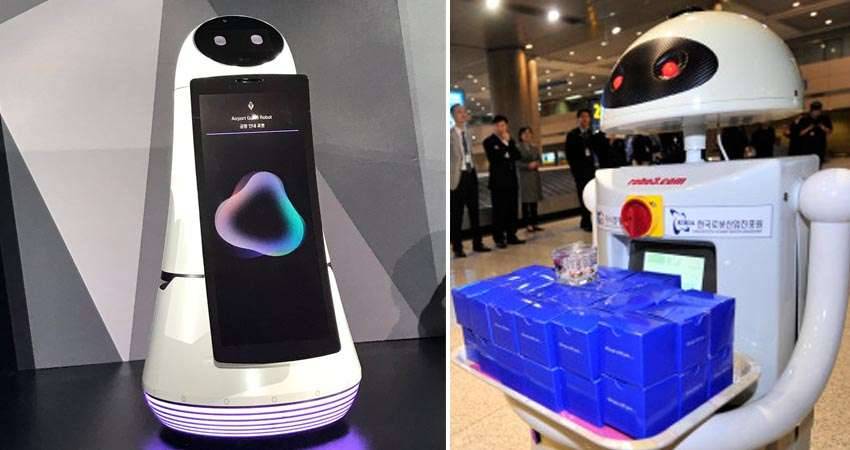
In 2017 we have saw Seoul’s Incheon International Airport partnering with electronics company LG to test two airport-based robots.
One was an airport guide robot which can speak in several different languages to help out the passengers, communicate with transiting passengers, and give directions, while the other is a cleaning robot which mops up spills and keeps the airport clean.
5) Biometric Entertainment
Biometrics will impact more than just security says airline industry analysis 2018. Biometric companies have long stated their intention to streamline passenger experience from airport to air. This could include in-seat immigration, biometric payment, and choosing entertainment options based on personal preference. Panasonic recently teamed up with Tascent Inc and stated its goal was to “bring biometric passenger identification into every stage of the passenger journey.”
6) Book a Taxi in the Sky
Moving map FlightPath 3D is trialing a way for passengers to book taxis via the IFE flight path on their seatback screen. Passengers can input their final address into the moving map which will then provide the cab company with to-the-minute updates on the plane’s arrival time. Once they land, passengers will receive an SMS detailing where and when their ride will be.
7) The growth of Low-Cost Airlines
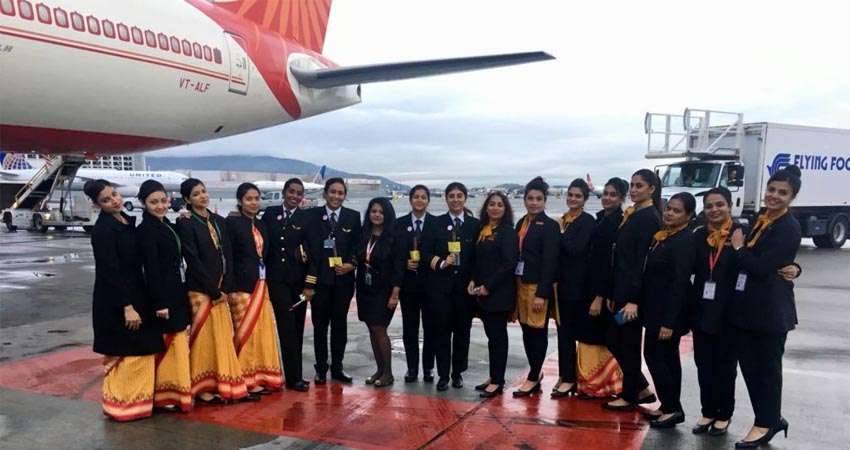
If 2017-2018 felt like a bumper year for low-cost airlines, then 2019 -2020 will be another year of rapid growth in airline industry trends. Traditionally LCCs were short-haul only as, to save costs, they would return to their hubs in the evening. Now LCC are developing hubs around the world and starting to fly a greater number of long-haul routes.
8) VR pushes last-minute upgrades
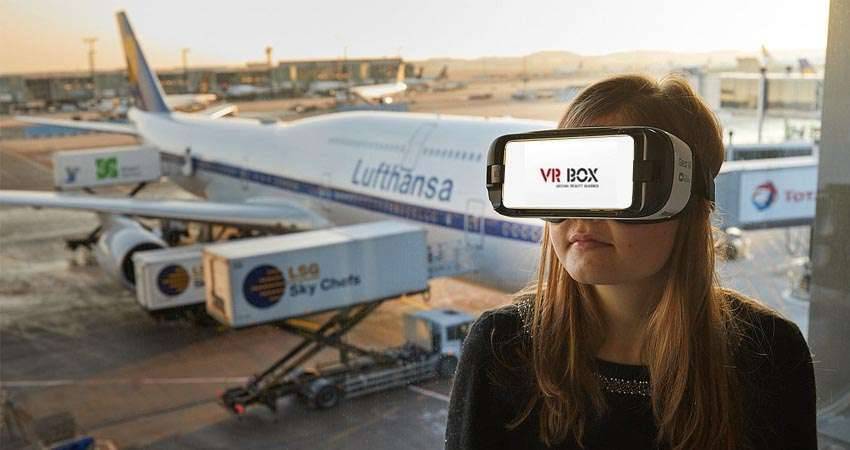
Lufthansa is testing a new way to get passengers to upgrade their tickets by letting them sample premium seats – using VR glasses. The airline will allow passengers to upgrade from economy to premium economy at the last minute. The airline says that the best way to understand how good premium economy is to help passengers experience the benefits of extra legroom and seat pitch through VR.
9) Green Airports
With high standards to limit noise and air pollution, airports will increasingly focus on generating energy from renewable sources and improving energy management solutions.
Suppliers such as Honeywell and Siemens have a strong building management service portfolio. Integration of such systems with their existing airport solutions will allow such companies to provide end-to-end airport integration and management services
Here you can check our work on a fully integrated cloud-based solution for the Civil Aviation Authority (CAA), Our Client Ghana Civil Aviation Authority ( GCAA) is the national aviation authority and regulatory agency of the Republic of Ghana for air transportation in the country. It has its headquarters in Kotoka Airport in Accra.
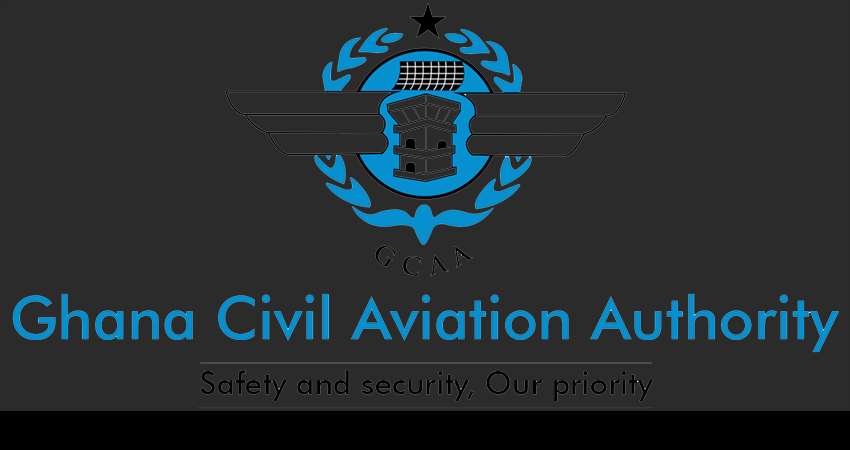
People also ask (FAQ):
Question: What Is An Aviation Engineer ?
Answer: Aviation engineering is the science of designing, developing, and assembling aircraft. Aviation engineers focus on airspace development, airport design, aircraft navigation technologies, and aerodrome planning.
Question: What Are The Main Areas In Aviation ?
Answer:
Artificial intelligence.
Aircrafts and parts.
Advanced materials, composites and specialty metals.
omputers, electronic components, and systems.
Fighters and attack aircraft.
Government defense policies and goals.
Lasers
Navigation controls and guidance systems.
Ordinance and Military vehicles.
Computers, electronic components, and systems.
Question: What Is Forced Landing ?
Answer: This is a situation where Air Craft engine fails and Pilot is forced to land the plane in the nearest airport.
Question: What Is Precautionary Landing ?
Answer: This is used when Pilot faces a problem due to severe weather conditions, or being lost in the air space traffic or due to lack of fuel or expecting an engine trouble.
Question: What Is Ditching ?
Answer: This is when where Pilot cannot avoid this situation but to just land on water, which is safer than air bound.
Conclusion
2019 was looks set to be an exciting year for aviation trends. But in 2020 the aviation industry will grow more with AI and digitization, introducing novel and exciting ways to change the way standard procedures are carried out, from aircraft washing to IFE. The year will also see greater connectivity which will impact on more than just the passenger experience. 2020 will see planes, airports, and passengers get smart.
